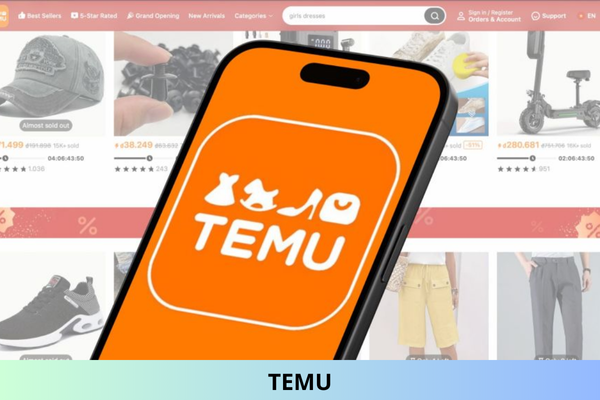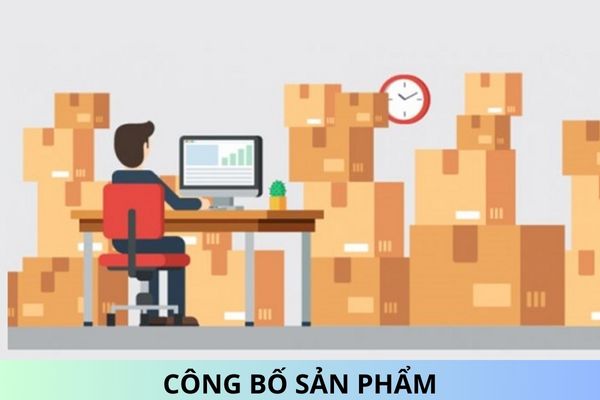What is Temu? Which country is Temu from? What is the operational model of the e-commerce platform in Vietnam?
What is Temu? Which country is Temu from?
Temu is a cross-border online retail platform owned by PDD Holdings (China) - the corporation that operates the e-commerce site Pinduoduo, known for low-cost products. The platform was first launched in the United States in September 2022 and is currently facilitating online shopping in 82 countries and territories, according to the startup advisory and investment service firm Momentum Works (Singapore).
Thus, Temu is an emerging e-commerce platform, quickly capturing the attention of consumers worldwide, especially in Vietnam.

What is Temu? Which country is Temu from? What is the operational model of the e-commerce platform in Vietnam? (Image from the Internet)
What is the operational model of the e-commerce platform in Vietnam?
Pursuant to Article 35 of Decree 52/2013/ND-CP as amended by Clause 15 Article 1 of Decree 85/2021/ND-CP regulating the provision of e-commerce transaction platform services in Vietnam:
Article 35. Provision of e-commerce transaction platform services
- Traders and organizations providing e-commerce transaction platform services are those who establish e-commerce websites to allow other traders, organizations, and individuals to conduct part or the whole process of buying and selling goods and services.
- The forms of operation of e-commerce transaction platforms:
a) Websites allowing participants to open booths to display and introduce goods or services;
b) Websites allowing participants to open accounts to perform the process of contracting with customers;
c) Websites with trading sections where participants can post buying and selling information for goods and services;
d) Social networks with one of the operational forms stipulated in points a, b, c of this clause where participants directly or indirectly pay fees for performing these activities.
[...]
Thus, the e-commerce transaction platform functions in Vietnam in the following forms:
- Websites allowing participants to open booths to display and introduce goods or services
- Websites allowing participants to open accounts to perform the process of contracting with customers
- Websites with trading sections where participants can post buying and selling information for goods and services
- Social networks having one of the above operational forms where participants directly or indirectly pay fees for performing these activities.
What contents must be included in the regulations for the operation of e-commerce transaction platforms in Vietnam?
Pursuant to Article 38 of Decree 52/2013/ND-CP as amended and supplemented by Clause 17 Article 1 of Decree 85/2021/ND-CP regulating the regulations for the operation of e-commerce transaction platforms must include the following contents:
- Rights and obligations of traders and organizations providing e-commerce transaction platform services
- Rights and obligations of the users of e-commerce transaction platform services
- If the e-commerce transaction platform combines multiple operational forms, it must describe the transaction process for each form of organized activities, including the process of goods delivery (if any)
- Review activities and the authority to handle cases of legal violations in business activities on the platform by traders and organizations providing the e-commerce transaction platform services
- Rights and obligations of the parties involved in transactions conducted on the e-commerce transaction platform. If a transaction involves more than 02 parties, it must clearly define responsibilities between the parties selling goods and providing services
- Limitations of responsibility for traders and organizations providing e-commerce transaction platform services in transactions conducted on the platform
- Regulations on information security, mechanisms for monitoring, and checking to ensure the provision and management of information on the e-commerce transaction platform
- Mechanisms for resolving complaints and disputes among parties related to transactions conducted on the e-commerce transaction platform
- Policies on protecting personal information of users of e-commerce transaction platform services as per the law
- Measures to handle acts infringing upon consumer rights on the e-commerce transaction platform
- Measures to handle violations against those who do not comply with the regulations of the e-commerce transaction platform operation










